Financing Questions
mom2sethc
17 years ago
Related Stories
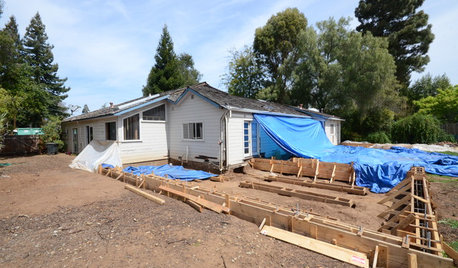
REMODELING GUIDESSurvive Your Home Remodel: 11 Must-Ask Questions
Plan ahead to keep minor hassles from turning into major headaches during an extensive renovation
Full Story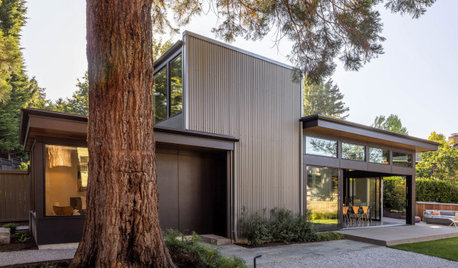
WORKING WITH PROS10 Questions to Ask Potential Contractors
Ensure the right fit by interviewing general contractors about topics that go beyond the basics
Full Story
WORKING WITH PROS9 Questions to Ask a Home Remodeler Before You Meet
Save time and effort by ruling out deal breakers with your contractor before an in-person session
Full Story
EXTERIORSCurb Appeal Feeling a Little Off? Some Questions to Consider
Color, scale, proportion, trim ... 14 things to think about if your exterior is bugging you
Full Story
REMODELING GUIDESConsidering a Fixer-Upper? 15 Questions to Ask First
Learn about the hidden costs and treasures of older homes to avoid budget surprises and accidentally tossing valuable features
Full Story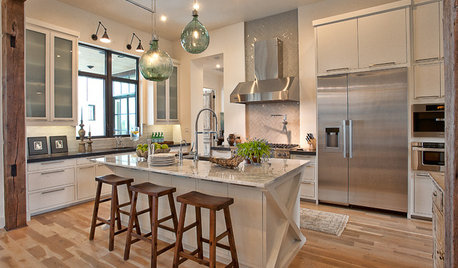
KITCHEN DESIGNEcofriendly Kitchen: How to Choose Flooring
Conserve natural resources and your long-term finances by choosing kitchen flooring materials with durability and beauty
Full Story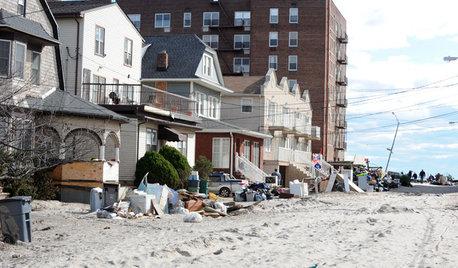
DISASTER PREP & RECOVERY10 Contractor Scam Warning Signs
Protect yourself, your home and your finances after a natural disaster by following these tips for sniffing out storm chasers
Full Story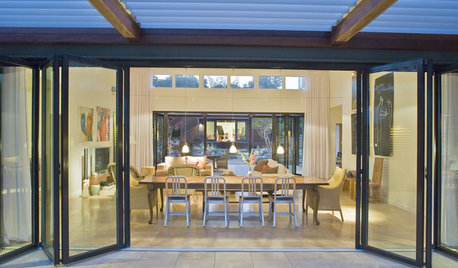
ARCHITECTURE10 Things to Know About Prefab Homes
Are prefab homes less costly, faster to build and greener than homes constructed onsite? Here are answers to those questions and more
Full Story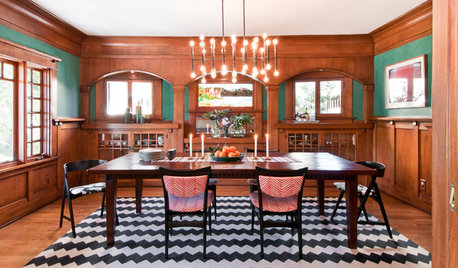
HOUZZ TOURSHouzz Tour: Patterns and Colors Flirt With Wood in Los Angeles
Rational exuberance reigns in this wood-filled Craftsman, thanks to well-considered shots of color and snazzy graphics
Full Story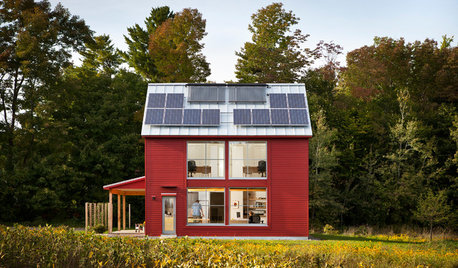
GREEN BUILDINGGoing Solar at Home: Solar Panel Basics
Save money on electricity and reduce your carbon footprint by installing photovoltaic panels. This guide will help you get started
Full StoryMore Discussions









triciae
muddbelly
Related Professionals
American Canyon General Contractors · Burlington General Contractors · Country Walk General Contractors · Glenn Dale General Contractors · Grand Junction General Contractors · Haysville General Contractors · Markham General Contractors · Mountlake Terrace General Contractors · Pepper Pike General Contractors · San Elizario General Contractors · Warrenville General Contractors · Westmont General Contractors · Annapolis Home Stagers · Birmingham Interior Designers & Decorators · Stanford Interior Designers & Decoratorstriciae
pamghatten
sparksals
dave_donhoff